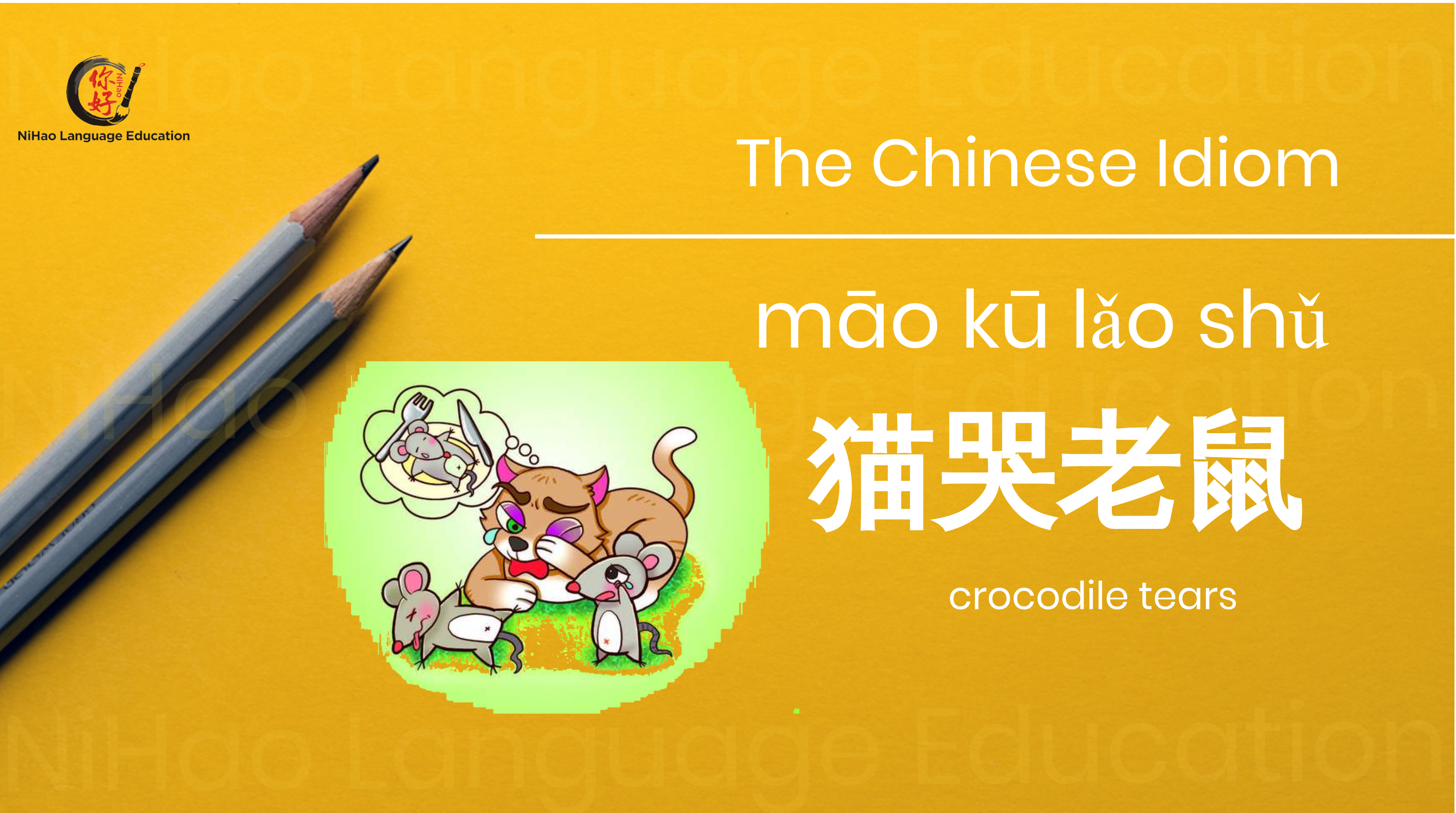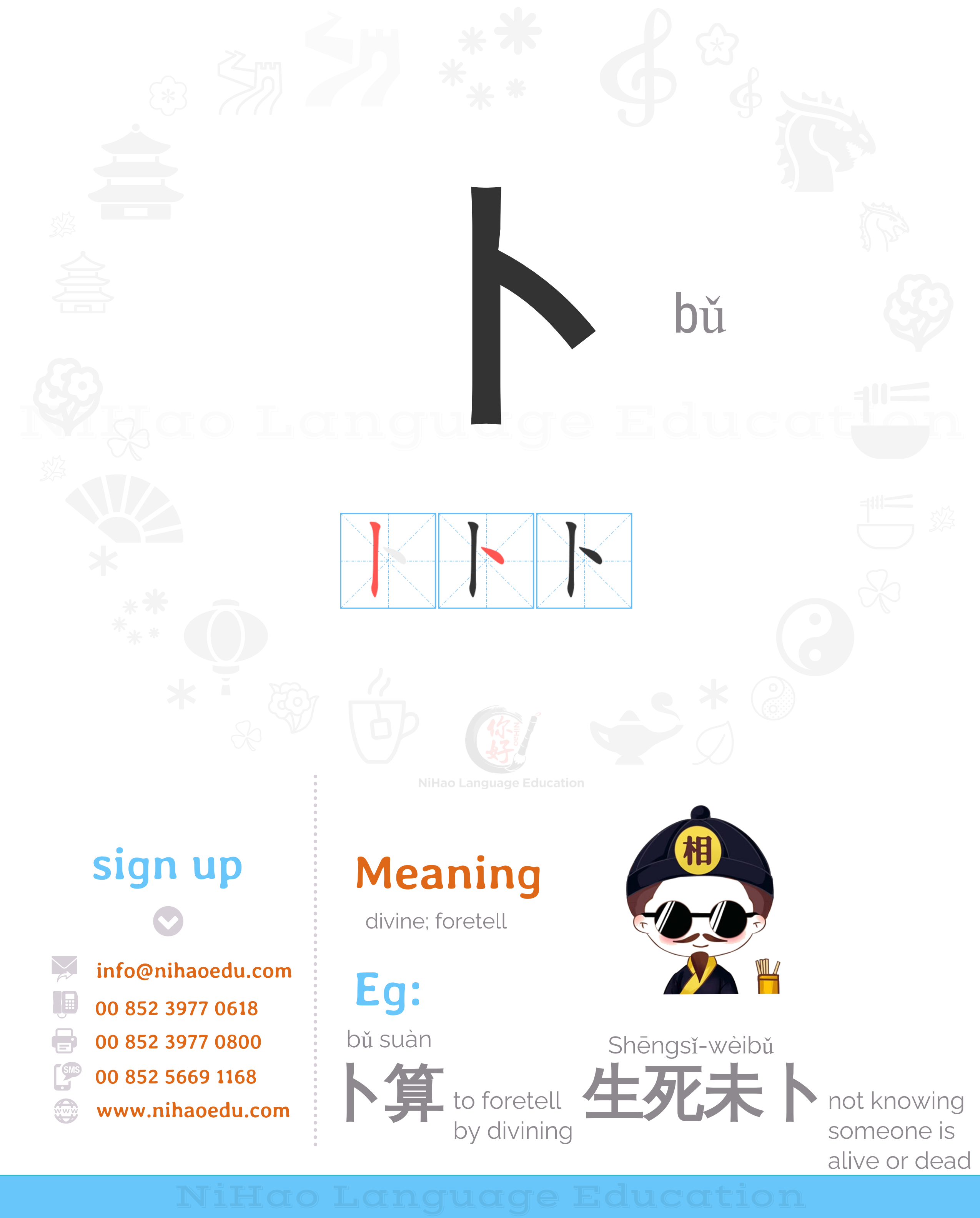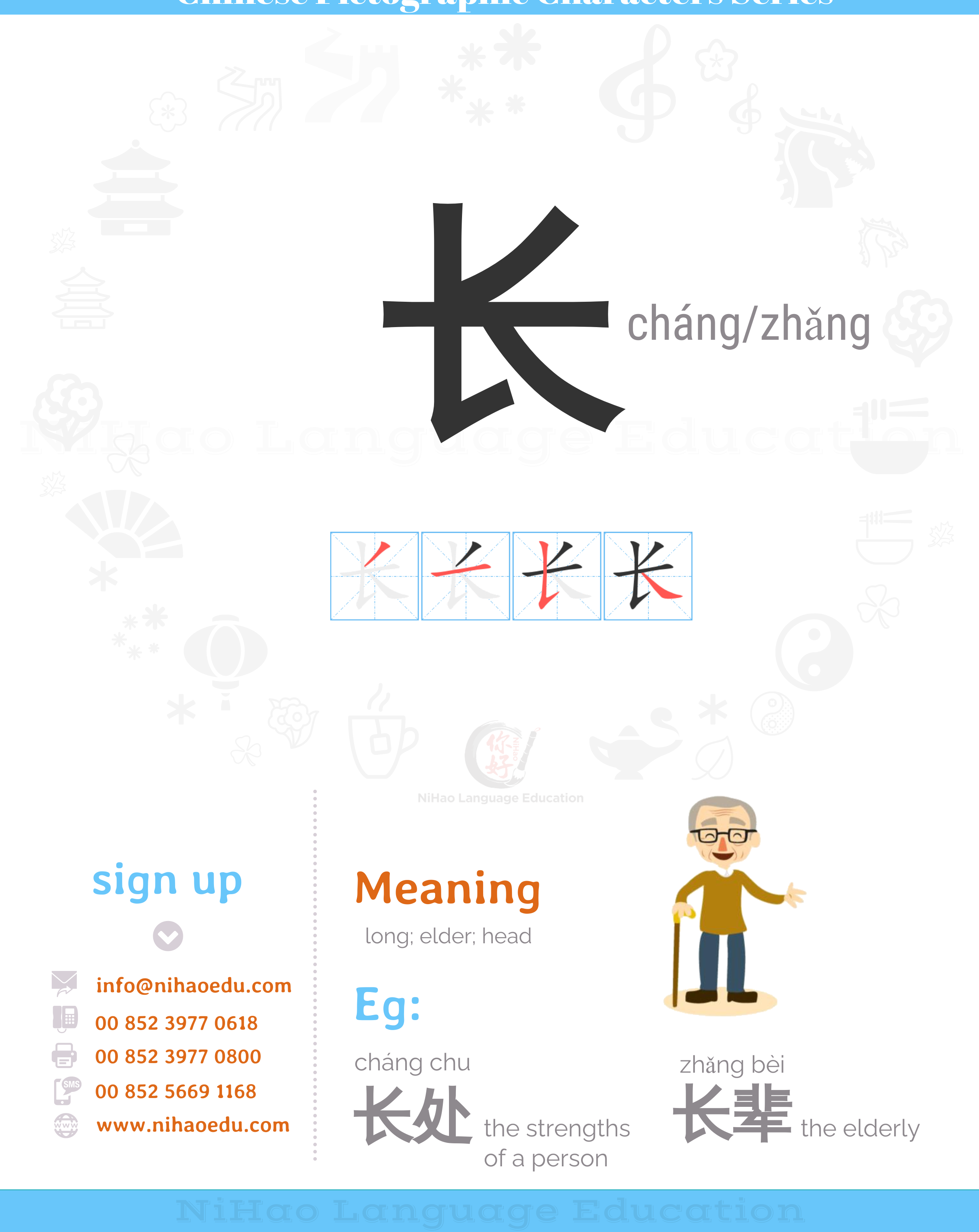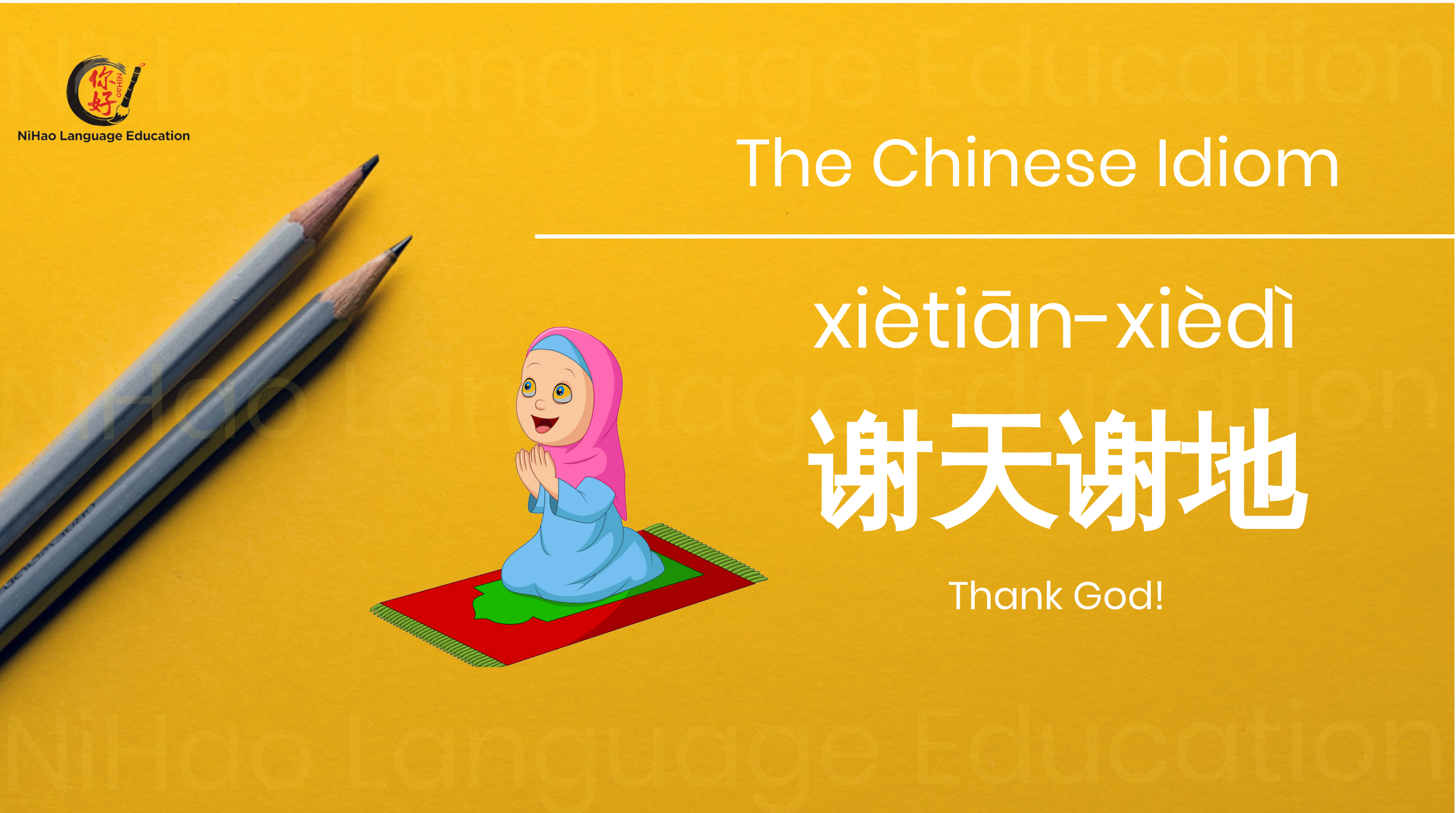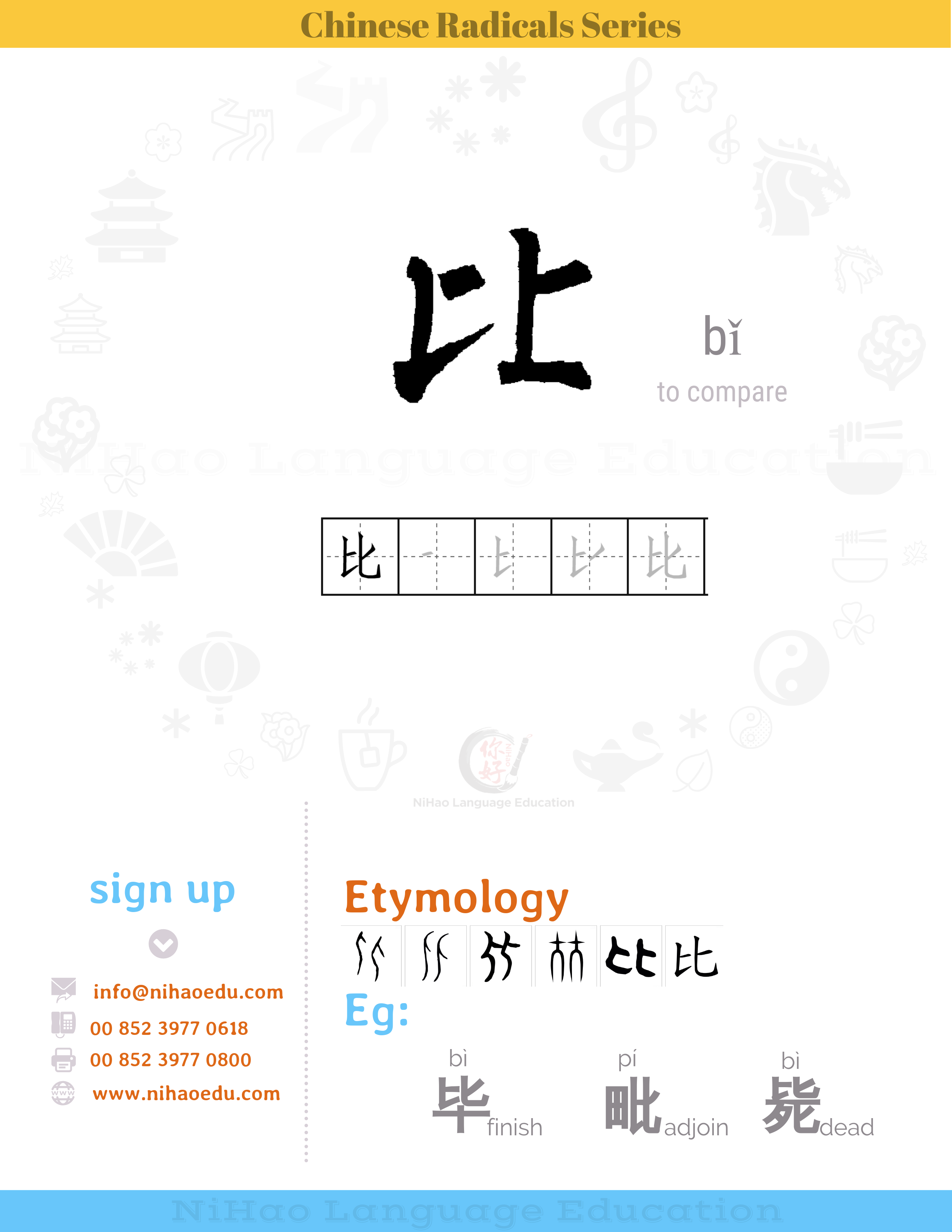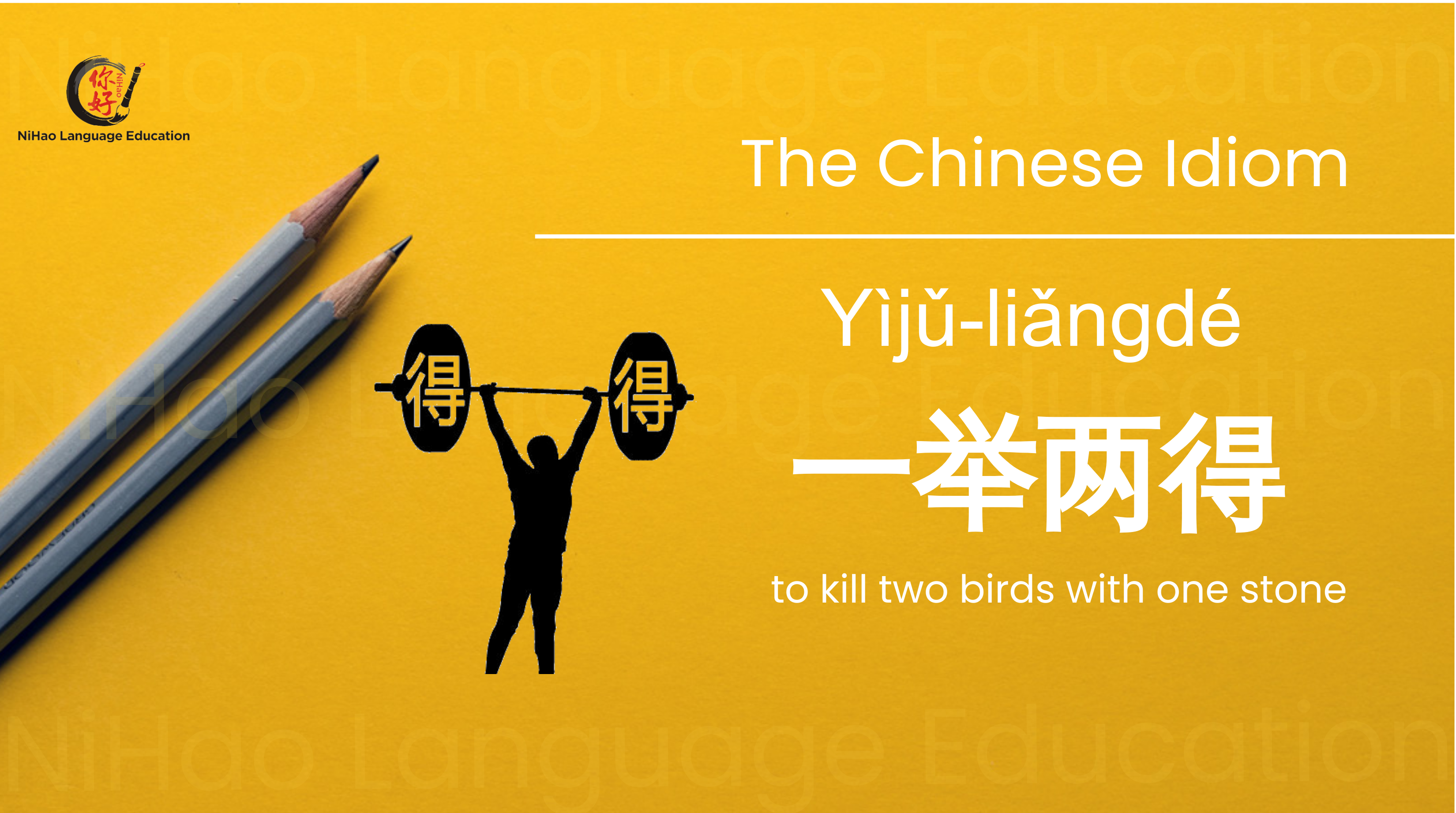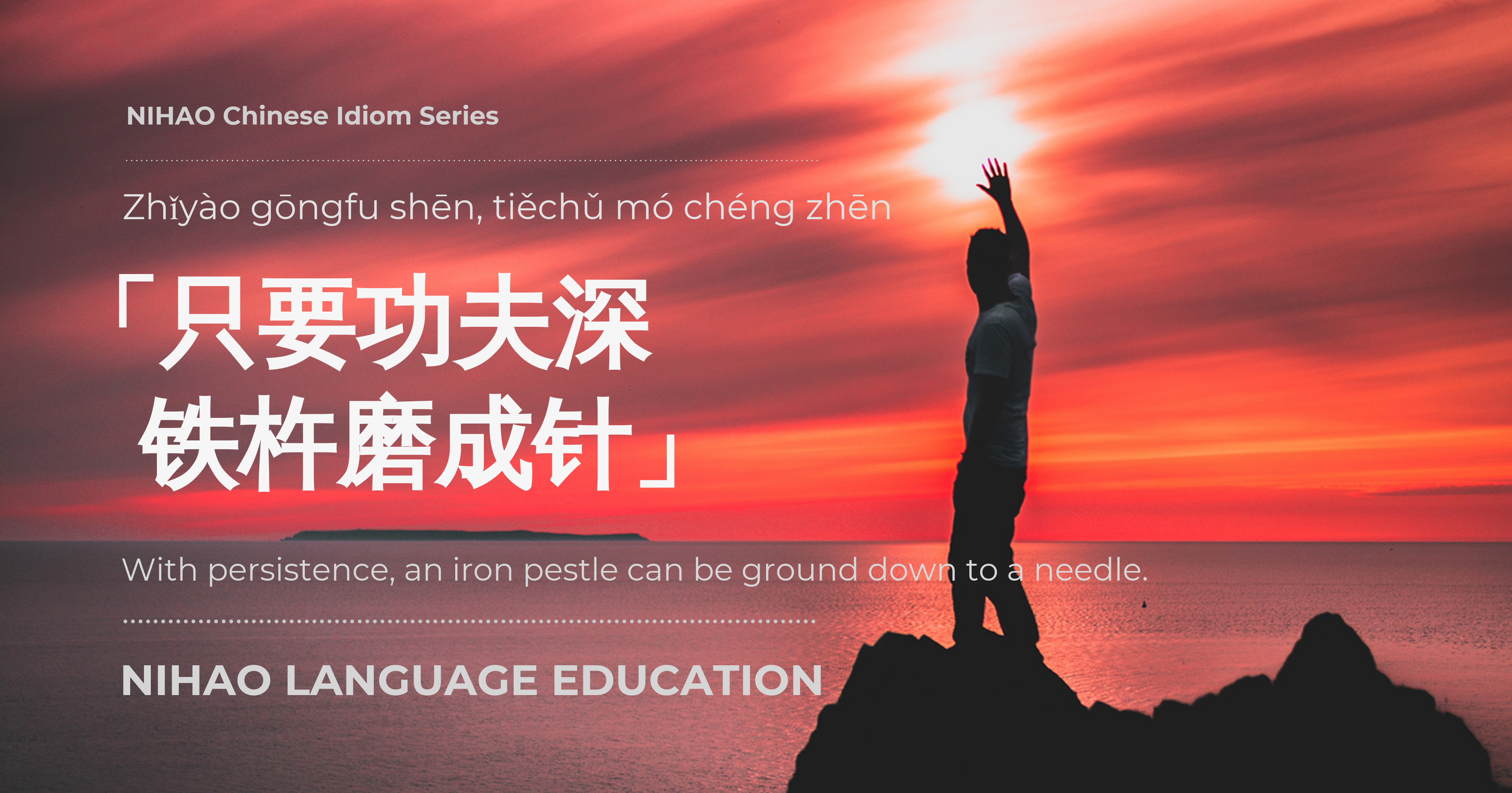猫(Māo) 哭(kū) 老(lǎo)鼠(shǔ) “猫哭老鼠”比喻假慈悲。 ‘Māokū-lǎoshǔ’ is a metaphor for the act of pretending to be sympathetic or compassionate. It is similar to ‘crocodile tears’ in English. 猫(māo): cat 哭(kū): to cry 老(lǎo)鼠(shǔ): mouse; rat Examples例句: A: 王经理听说你生病了,很担心你。 B: 真是猫哭老鼠,是他让我天天加班,我才累病了。 …
The word 卜 means ‘to the divine’. In the Shang dynasty, more than 3,000 years ago, the people consulted the gods about a lot of things by heating the shoulder-blades of oxen or tortoise shells over fore until cracks appeared. …
Chinese Radicals Series 长 长 长 can be used as a component in word-formation. As a component, it is often used to indicate pronunciation, for example, 张 (zhāng, ’open up’),帐 (zhàng, ’ account’) and 帐 (zhàng, ’net’). Idioms and phrases …
Chinese idiom ‘Xiètiān-xièdì’ means ‘to thank God’. It is used to express the gratefulness or gladness of having avoided something bad or getting a satisfactory result. 中国成语“谢天谢地”表示目的达到或困难解除后感激或庆幸地心情。 谢(xiè): to thank 天(tiān): sky; heaven 谢(xiè): to thank …
The Chinese Radicals Series is not just to motivate our students to take a keen interest in learning Chinese, but also provide you a link between the language and the culture so that our students will not only know the …
Chinese Idioms Series 一举两得 Yìjǔ-liǎngdé 一 yì: one 举 jǔ: act 两 liǎng: two 得 dé: gains 一举两得 Yìjǔ-liǎngdé: …
只要功夫深,铁杵磨成针 zhǐ yào gōng fu shēn , tiě chǔ mó chéng zhēn Every language has idioms, sayings, or set phrases. Chinese is no different. In Chinese, an idiom is called 成语 (chéng yŭ) and it’s usually composed of 4 characters. This …
